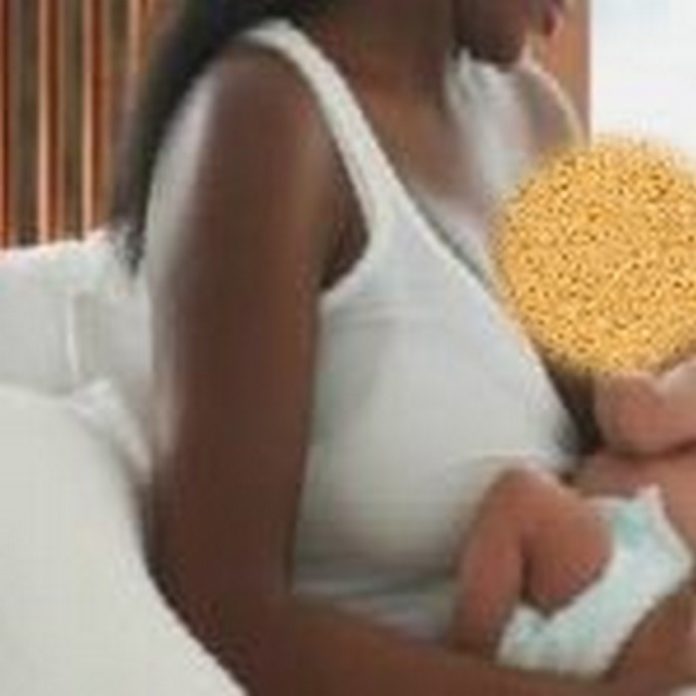There is a decline in the exclusive breastfeeding rate which has dropped from 63 per cent in 2008 to 43 per cent in the last decade, the Director-General of the Ghana Health Service (GHS), Dr Patrick Kuma-Aboagye, has said.
According to him, the current COVID-19 pandemic was also not helping the situation.
Speaking at a press briefing as part of the month-long activities to mark this year’s commemoration of World Breastfeeding Week in Accra last Thursday, Dr Kuma-Aboagye said globally, the COVID-19 pandemic had caused significant disruptions in breastfeeding support services.
That, he said, could contribute to the increase in the risks of malnutrition and food insecurity in the country.
To promote breastfeeding and its many benefits for the mother and child, the World Health Organisation (WHO) and UNICEF initiated the World Breastfeeding Week in 1991 and it is celebrated from August 1 to 7 every year.
The commemoration was aimed at promoting exclusive breastfeeding for the first six months of life.
This year, the theme for the week is: ‘Protect Breastfeeding: A Shared Responsibility.’
Dr Kuma-Aboagye said there was also a growing concern that producers of baby food had compounded those risks by invoking unfounded fears that breastfeeding could transmit COVID-19 from mother to child and marketed their products as safer options.
However, he said those assertions were untrue because WHO had recommended that standard infant feeding guidelines should be adhered to during the COVID-19 pandemic.
He said a woman with COVID-19 should be supported to breastfeed safely, by holding her baby skin to skin and also share a room with her baby because close contact and early, exclusive breastfeeding helped babies to thrive.
Survival
Dr Kuma-Aboagye said breastfeeding remained central to the survival, health and wellbeing of women, children and nations.
“Optimal breastfeeding, which entails initiation within the first hour of birth, followed by six months of exclusive breastfeeding and continued breastfeeding for up to two years or beyond, offer a powerful line of defence against all forms of child malnutrition, including wasting and obesity,” he said.
He added that even with COVID-19, no significant study had confirmed a mother infecting the baby through breastfeeding, therefore it was safe to breastfeed in such a situation.
He said all that was required of a COVID-19 infected mother was to wear her nose mask, wash her hands with soap under running water and sanitise her hands with an alcohol-based sanitiser before breastfeeding.

